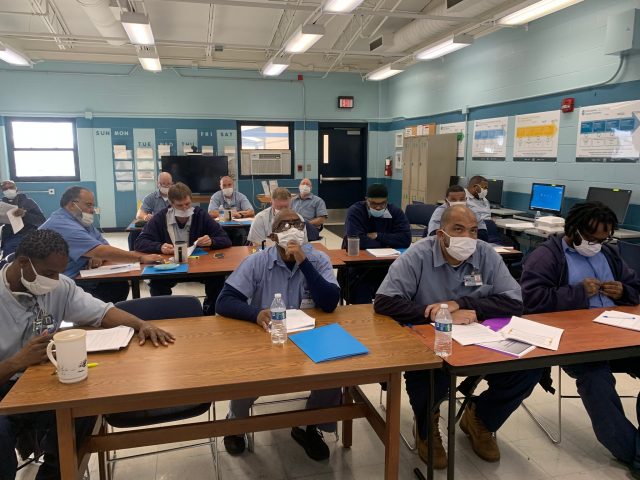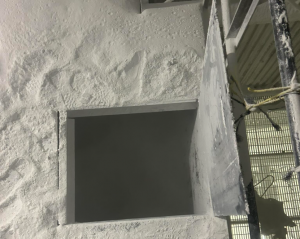PICKAWAY – 15 incarcerated adults participate in the “Peer to Peer” program. This is a program where participants learn to be mentors and facilitators for other incarcerated adults.
Social support plays an integral role in health and well-being. Behind bars, support from peers on the inside is also beneficial, facilitating prosocial behavior, sobriety, coping mechanisms, and re-entry success. Social support frequently is delivered through supportive communication.
Creating a support network can help incarcerated promote both hope and pragmatic steps for change. Peer education programs focus on developing student attitudes and feelings, encouraging honesty, cooperation, and independent learning. Such programs emphasize mutual respect, discussion, and reinforcement of positive behavior. Peer programs provide a more humanistic approach, recognizing that learning is a change that develops in oneself that results from experiences. Through their efforts and behaviors, peer educators promote change in the prison culture and some of the socially accepted “norms” as a result. Through this commitment, peer educators can be deeply affected. As they see the change they bring about in others through fairness and balance in their presentations, inter-group relations overcome racism, sexism, and culturalism. Stereotypes are replaced by a more positive socialization; differences in others are acknowledged and embraced.











